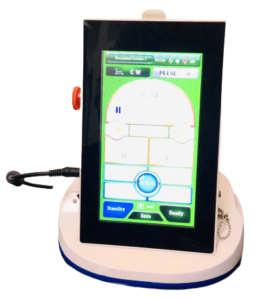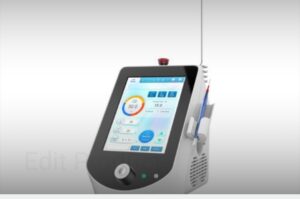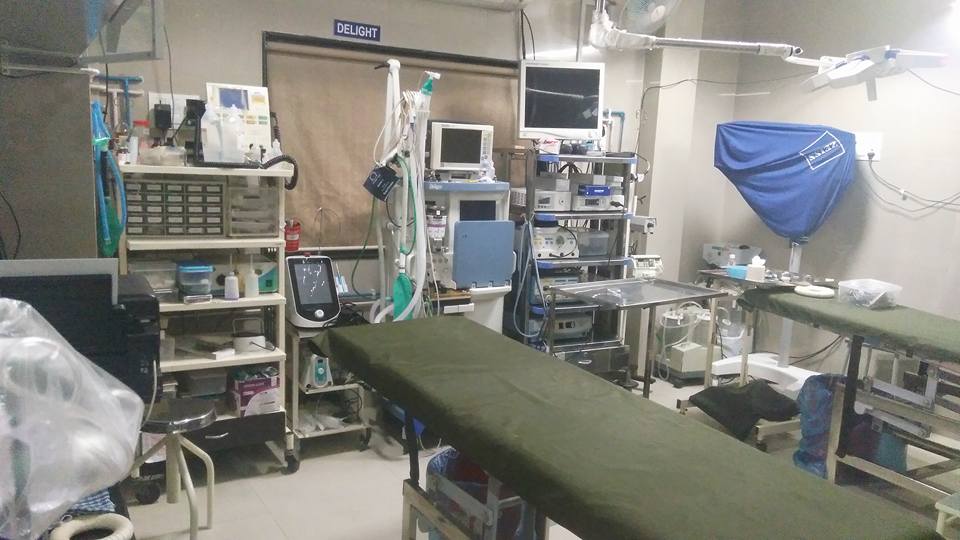Understanding the Future of Surgery: Lesser Known Facts about Surgical Lasers
Surgical lasers have emerged as a transformative technology in modern medicine, revolutionizing the way various medical procedures are performed.While their benefits in precision and minimally invasive surgery are well-known, there are several lesser-known facts about surgical lasers that underscore their importance and versatility across medical specialties. Here we are going to delve into these lesser-known aspects to shed light on the multifaceted capabilities of surgical lasers.
Promising Role in Regenerative Medicine
In recent years, surgical lasers have shown promise in the field of regenerative medicine. Laser biostimulation techniques stimulate cellular activity, promoting tissue regeneration and wound healing. This has significant implications for tissue engineering, stem cell therapy, and the treatment of chronic wounds, offering new avenues for regenerative therapies and personalized medicine.
Therapeutic Applications in Pain Management
Beyond their role in surgery, certain types of lasers, such as Low-Level Laser Therapy (LLLT), are gaining recognition for their therapeutic applications in pain management. LLLT utilizes laser energy to stimulate tissue repair processes, reduce inflammation, and alleviate chronic pain conditions. This non-invasive approach offers patients a natural alternative to traditional pain medications and invasive procedures, with promising results in improving quality of life.
Integration of Advanced Imaging Technologies
Advancements in surgical lasers are often complemented by the integration of advanced imaging technologies, such as fluorescence imaging and optical coherence tomography (OCT). These imaging modalities provide real-time visualization of tissues during surgery, enhancing surgical precision and enabling more informed decision-making for surgeons. By combining laser technology with sophisticated imaging, medical professionals can achieve greater accuracy and efficiency in complex surgical procedures.
Precision Beyond Measure
Surgical lasers offer unparalleled precision in tissue targeting, allowing surgeons to perform intricate procedures with utmost accuracy. Unlike traditional surgical methods, lasers can precisely remove tissue layers without causing damage to surrounding healthy tissue. This precision is particularly crucial in delicate surgeries such as neurosurgery and ophthalmic procedures, where even the slightest deviation can have significant implications.

Versatility Across Medical Specialties
Surgical lasers are not limited to a single medical specialty but find applications across a wide range of disciplines. From dermatology and dentistry to urology and oncology, lasers are utilized for diverse procedures, including tumor removal, cosmetic enhancements, and minimally invasive surgeries. This versatility underscores the adaptability of laser technology in addressing various healthcare needs and advancing patient care.
Treatment of Fungal Infections
Laser technology has shown promise in the treatment of fungal infections, such as onychomycosis (nail fungus) and fungal skin infections. Laser energy can penetrate the nail or skin to target and destroy fungal pathogens, offering an alternative or adjunctive therapy to conventional antifungal medications with potentially fewer side effects.
Preservation of Healthy Tissue in Cancer Surgery
In oncological surgeries, such as tumor resection, surgical lasers can help preserve adjacent healthy tissue while effectively removing cancerous cells. This targeted approach minimizes collateral damage to surrounding structures, reduces the risk of tumor recurrence, and may improve overall patient survival rates.
Biofilm Disruption
Laser technology has been investigated for its ability to disrupt bacterial biofilms, which are implicated in chronic infections and antibiotic resistance. By delivering laser energy to infected areas, surgeons can break down biofilm structures and enhance the effectiveness of antimicrobial therapies, potentially improving treatment outcomes in cases of implant-related infections or chronic wounds.
Treatment of Lymphatic Disorders
Surgical lasers are increasingly used in the management of lymphatic disorders, such as lymphedema. Laser-assisted lymphaticovenous anastomosis (LVA) is a minimally invasive procedure that can improve lymphatic drainage and reduce swelling by creating new connections between lymphatic vessels and veins using laser technology.

Surgical lasers represent a cornerstone of modern healthcare, offering a myriad of benefits beyond their conventional applications. From precise tissue targeting to therapeutic pain management and regenerative medicine, the versatility of surgical lasers continues to expand the boundaries of medical innovation. By recognizing these lesser-known facts, healthcare professionals can harness the full potential of surgical lasers to optimize patient outcomes and shape the future of surgery.


Comments